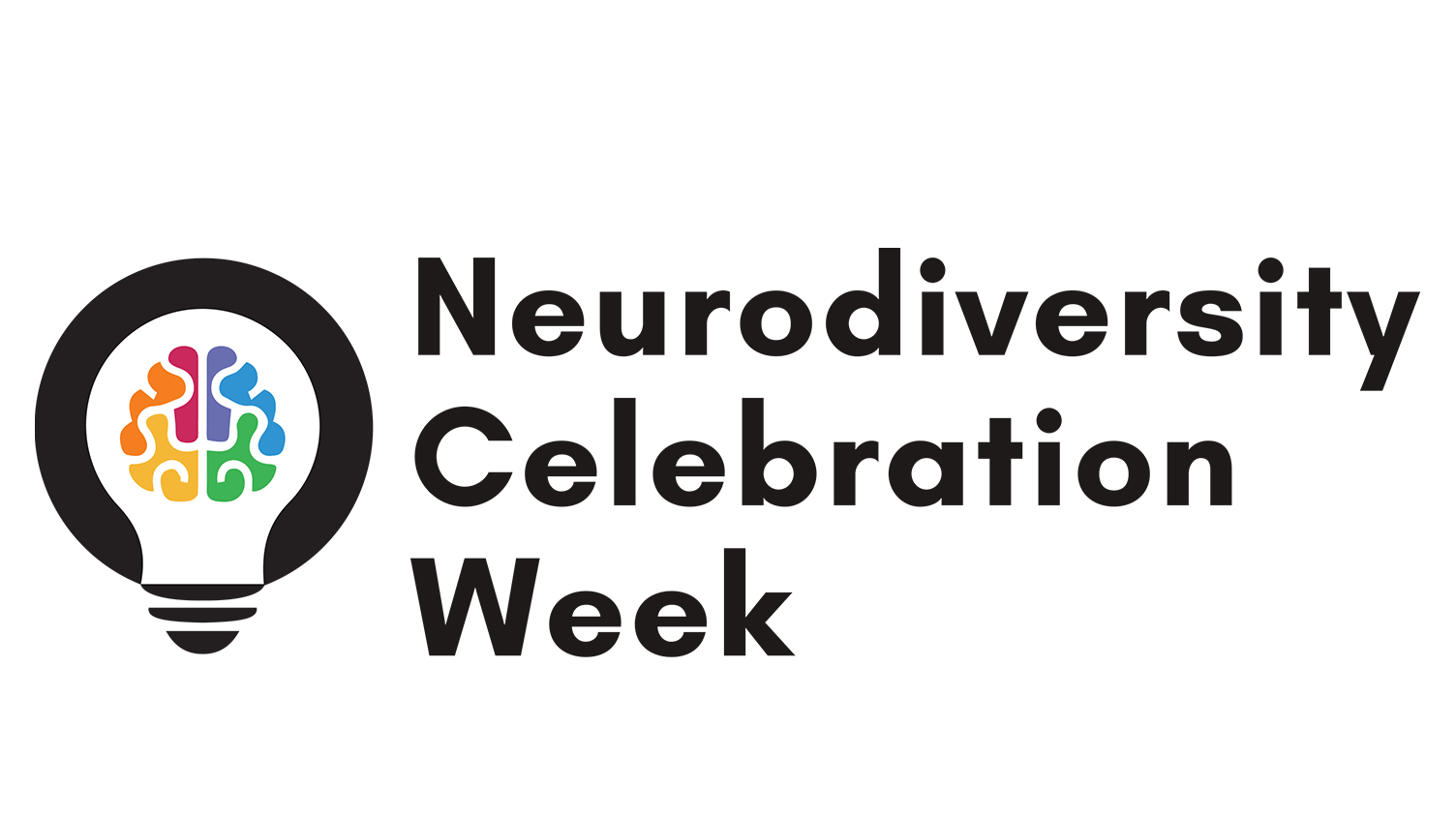
Neurodiversity Celebration Week 2024
This week is Neurodiversity Celebration Week.So what is Neurodiversity?Introduction to Neurodiversity Differing in mental or neurological function from what is considered typical or n...

This week is Neurodiversity Celebration Week.So what is Neurodiversity?Introduction to Neurodiversity Differing in mental or neurological function from what is considered typical or n...

This week is Neurodiversity Celebration Week.
So what is Neurodiversity?
Introduction to Neurodiversity
Differing in mental or neurological function from what is considered typical or normal (frequently used with reference to autistic spectrum disorders); not neurotypical.
Some of the conditions that are most common among those who describe themselves as neurodivergent include: autism spectrum disorder, attention-deficit hyperactivity disorder (ADHD), Down’s syndrome, and Dyscalculia (difficulty with math).
What is the difference between learning difficulties and learning disabilities from a Neurodiverse perspective?
Distinguishing between learning difficulties and learning disabilities is quite a complex issue. As described above, a learning difficulty does not affect general intelligence, whereas a learning disability is linked to an overall cognitive impairment.
Some examples of specific learning difficulties are:
Dyscalculia
Dyscalculia is a specific and persistent difficulty in understanding numbers which can lead to a diverse range of difficulties with mathematics.
Dysgraphia
A specific learning disability that affects a person’s handwriting ability and fine motor skills. Problems may include illegible handwriting, inconsistent spacing, poor spatial planning on paper, poor spelling, and difficulty composing writing as well as thinking and writing at the same time.
Dyspraxia
A disorder that is characterized by difficulty in muscle control, which causes problems with movement and coordination, language and speech, and can affect learning. Although not a learning disability, dyspraxia often exists along with dyslexia, dyscalculia or ADHD.
Learning disabilities:
A learning disability is a reduced intellectual ability and difficulty with everyday activities – for example household tasks, socialising or managing money – which affects someone for their whole life. People with a learning disability tend to take longer to learn and may need support to develop new skills, understand complicated information and interact with other people.
Different types of learning disability
There are different types of learning disability, which can be mild, moderate, severe or profound. In all cases a learning disability is lifelong.
It can be difficult to diagnose a mild learning disability as the individual will often mix well with others and will be able to cope with most everyday tasks. However, they may need support in other areas of their life such as filling out forms.
People with a severe learning disability or profound and multiple learning disability (PMLD), will need more care and support with areas such as mobility, personal care and communication. People with a moderate learning disability may also need support in these areas, but not definitely.
What can cause a learning disability?
A learning disability occurs when the brain is still developing (before, during or soon after birth). Several things can cause a learning disability.
Before birth things can happen to the central nervous system (the brain and spinal cord) that can cause a learning disability. A child can be born with a learning disability if the mother has an accident or illness while she is pregnant, or if the unborn baby develops certain genes.
Genes are chemicals in our bodies that contain information about us, like how we look.
A person can be born with a learning disability if he or she does not get enough oxygen during childbirth, has trauma to the head, or is born too early.
After birth, a learning disability can be caused by early childhood illnesses, accidents and seizures.
Solo support services work with a range of service users and put together bespoke packages of care. We have a lead team who support our clients with needs such as LD and ASC and we review every need individually offering expert guidance where possible. We work with the wider MDT an professional ensuring all of our clients get the right level of support and care.
How Solo supports clients with Neurodiversity such as a Learning Disability?
The level of support someone needs depends on the individual.
For example, someone with a mild learning disability may only need support with things like getting a job. However, someone with a severe or profound learning disability may need fulltime care and support with every aspect of their life – they may also have physical disabilities.
People with certain specific conditions can have a learning disability too. For example, people with Down’s syndrome and some people with autism have a learning disability.
We support client with varied and different needs. We tailor the package of support to the specific needs of the client. We have a client who now owns their own house and has full input on choosing the staff she wants to work with her.
The client relations manager will support the client and the PA in seeking support from wider healthcare professionals when needed. We can look at specific training needs these can be but not limited to PBS training NAPPI training even sign language or Makaton.
We have a dedicated team who work with the clients and the PAs in reviewing incidents that have been reported taking a person centred approach and including the people that know our clients best.
Solo recognise that neurodiverse clients are individuals just like anyone else and the diversity that it brings should be celebrated and supported.